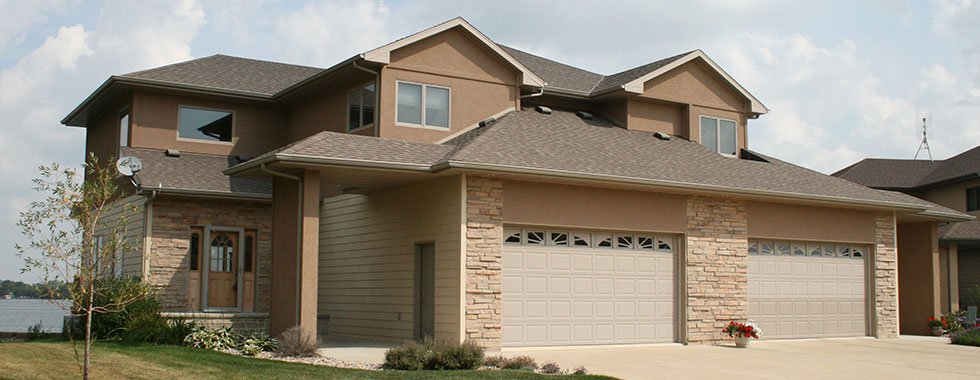Are you in the market for an investment property in Pittsburgh? Do you know what you are looking for or are you hoping the right property will find you? In our latest post, we will discuss what to look for when buying an investment property in Pittsburgh so you have a better chance of creating some real profits.
A smart investor looks at many things before purchasing an investment property. There are a lot of variables at play, differentiating a good investment house from a bad one. Below are a few some things to look for as well as a few questions to ask yourself before buying investment real estate in Pittsburgh.
What To Look For
A Good Neighborhood
You don’t want to take the risk on a property in a bad neighborhood. You might encounter trouble finding quality renters, damages to your property, and the inability to get the rental amount you need. While it is one thing to invest in an up and coming area that is experiencing growth and improvement, it is another to buy a house in a poorly performing area. Rarely will buying in a bad neighborhood pay off, and it will require much more work to do so.
Low Vacancy Rates
Take a look at what else is available out there. Are there many properties available? What kinds of prices are they fetching? How long are rentals available? Do your research to ensure you don’t run into problems finding a tenant for your property. If there is a lot of competition out there, you might consider some sort of addition or upgrade to help your property stand out. However, low vacancy rates suggest there is a high demand in the area, so finding a great tenant shouldn’t be a problem.
Tenants In Place
Having tenants in place before you buy, will save you a ton of time any money. You won’t have to market the property or spend time showing it and answering questions. You won’t have to interview and screen tenants, hoping you are able to get the right person in there right away. With tenants in place, you will immediately be bringing in income from the property as opposed to having a vacancy.
Demographics Of Area Renters
Who are the people renting in your neighborhood? Depending on who the area is attracting, you can market your property accordingly. If there are many families in the area, focus on the spaciousness of the house and proximity to local parks and schools. If it is a younger, single crowd, you can highlight the features of the house that make it great for entertaining. Or discuss nearby restaurants and nightlife. Always make sure you are abiding by fair housing laws.
Questions To Ask Yourself
Have You Run The Numbers?
Never just dive into the purchase of an investment property. Run the numbers, doing a thorough cash flow analysis on the house. Some investors use the 1% rule which states you should be able to rent the house for 1% of the home’s value each month. When renovating a property, most investors never pay more than 70% of the property’s ARV or after repair value.
How Many Renovation Projects Do You Want To Take On?
You never want to bite off more than you can chew. Make sure the needed renovations and repairs are manageable and not too expensive.
What Are Your Financial Goals?
It is important to know what you want to achieve with the property and what you want your overall financial picture to look like. Make a plan, so you can work toward achieving your goals instead of just winging it. For example, set a goal to acquire 2 new properties each year. Over time, this can amount to many rentals, and a substantial amount of cash coming in each month.
Will You Need A Property Manager?
The more properties you acquire, the more likely you will need the help of a property manager. You will also want to hire one if the investment property isn’t in close proximity to where you live. Finding the right property manager can help to free you up from much of the day to day work while making sure your tenants are paying rent and are happy living in the home. You can become more hands-off, spending your time doing the things you love.
How Will You Finance The Property?
Getting a loan for an investment property is typically more difficult than getting a traditional mortgage. Plan on putting down at least 20% for the down payment, and if possible, paying for the house in cash.
Do You Have An Exit Strategy?
Not every investment goes according to plan. It is important to have an exit strategy in place in case the property isn’t producing as it should. You should be able to resell the property quickly and know when it is time to do so. Understand how much you can afford to lose. Sometimes you have to cut your losses and walk away.


